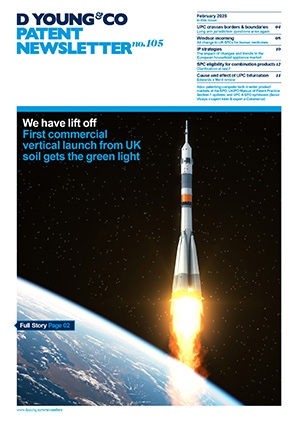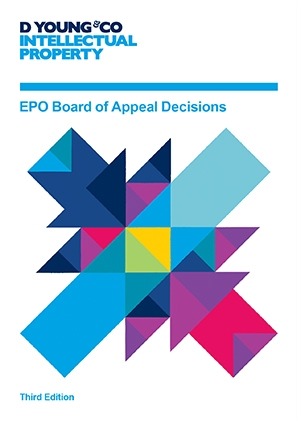Supplementary Protection Certificate: Merck Sharpe and Dohme
There always seem to be multiple referrals to the Court of Justice of the European Union (CJEU) in the supplementary protection certificate (SPC) arena and 2017 was no exception. Towards the end of 2017 the CJEU issued C-567/16 Merck Sharpe and Dohme regarding the suitability of an end of procedure notice in lieu of a valid marketing authorisation.
SPC application for Atozet
The supplementary protection certificate application related to the product Atozet, a drug containing two actives: ezetimibe and atorvastatin, and was applied for in the UK. When the application was made, however, the UK Marketing Authorisation had not been granted and the patent covering the product was about to expire.
The marketing authorisation for the UK was unfortunately not granted until after the patent had expired.
End of procedure notice
In view of this difficult situation, Merck Sharpe and Dohme filed an “end of procedure notice” with their SPC application and argued that the application complied with Article 3(b) of the SPC Regulation, that is, that a valid authorisation to place the product on the market as a medicinal product had been granted in accordance with Directive 2001/ 83/ EC, because the effect of the end of procedure notice was that all member states concerned, including the UK, had agreed to grant a marketing authorisation for Atozet.
In the alternative, Merck contended that to the extent the application did not comply with Article 3(b) at the application date, this was an irregularity that was capable of being rectified.
Unfortunately, the UK Intellectual Property Office (UKIPO) did not agree with either argument and refused the application.
Application for appeal
An appeal was then filed and two questions were referred to the CJEU, as follows:
- Is an end of procedure notice issued by the reference member state under Article 28(4) of the Medicinal Products Directive equivalent to a granted marketing authorisation for the purposes of Article 3(b) of the SPC Regulation?
- If the answer to question (1) is no, is the absence of a granted authorisation at the date of the application for a certificate an irregularity which can be cured under Article 10(3) of the SPC Regulation once the marketing authorisation has been granted?
These questions were referred to the CJEU because SPC applications were rejected on the same ground in Portugal and Sweden, but granted in Denmark, Greece, Italy and Luxemburg. There was therefore a lack of harmonisation on this issue.
The CJEU decided that the end of procedure notice represented an intermediate stage in the procedure and that it did not have the same legal effects as a ‘valid’ marketing authorisation. Their reasoning for this decision essentially was that unlike a valid marketing authorisation, an end of procedure notice does not authorise the applicant to place the medicinal product on a particular market.
The answer of the CJEU to the first question was therefore “no”, with the result that an SPC may not be obtained on the basis of the end of procedure notice.
With regard to the second question, the CJEU decided that the absence of a marketing authorisation was not an irregularity which the applicant could rectify after the application date. This decision was based on the fact that a missing marketing authorisation constitutes an irregularity in connection with the product, as a medicinal product, not an irregularity in connection with the SPC application.
In short
Although this decision from the CJEU makes legal sense, it seems unfair that an applicant be penalised because of timing. Nevertheless, when a patent is about to expire, an SPC application can only be made on the basis of a valid marketing authorisation, an end of procedure notice is not sufficient.


